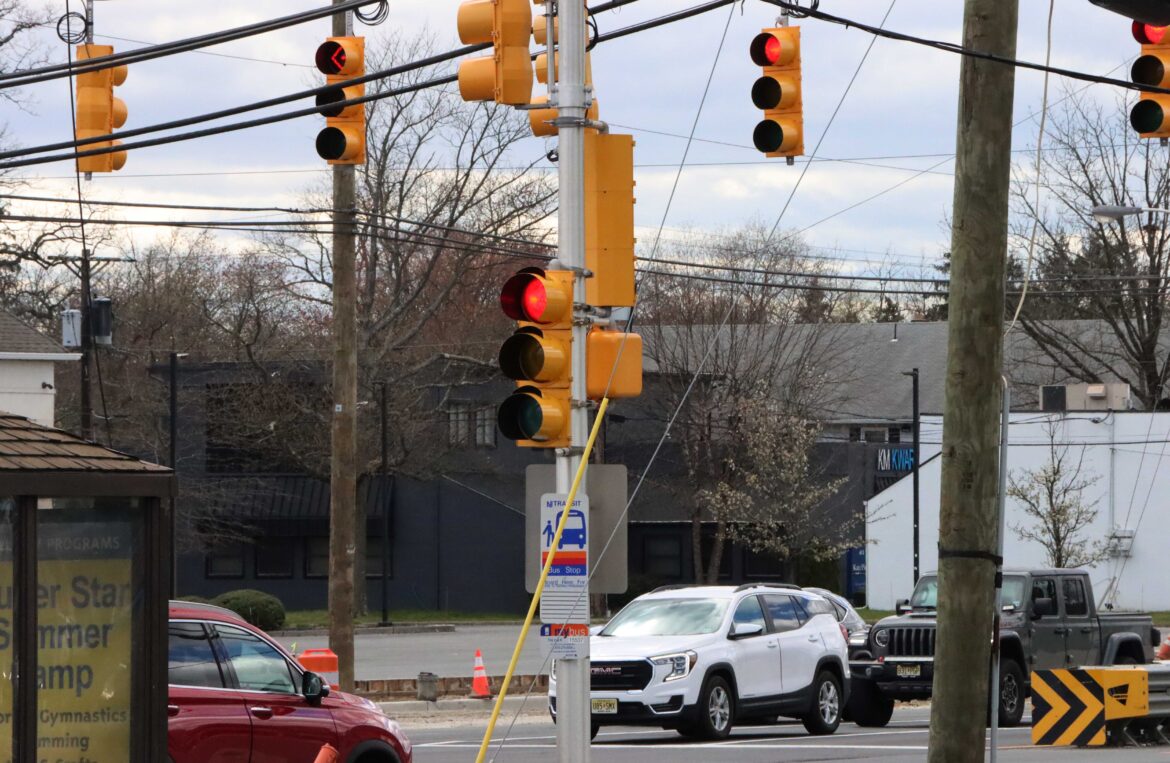As costs and inflation rise, so does the difficulty of commuting as a college student.
In New Jersey, commuters are feeling the pinch of rising transit fares and tolls. Recent proposals aimed at addressing pandemic-era budget shortfalls are projected to increase the financial burden on those who rely on public transportation.
For drivers, tolls have already increased by 3% on the New Jersey Turnpike and Garden State Parkway. However, the most significant change is set to take effect on July 1, 2024, with a 15% fare increase set for New Jersey Transit trains and buses.
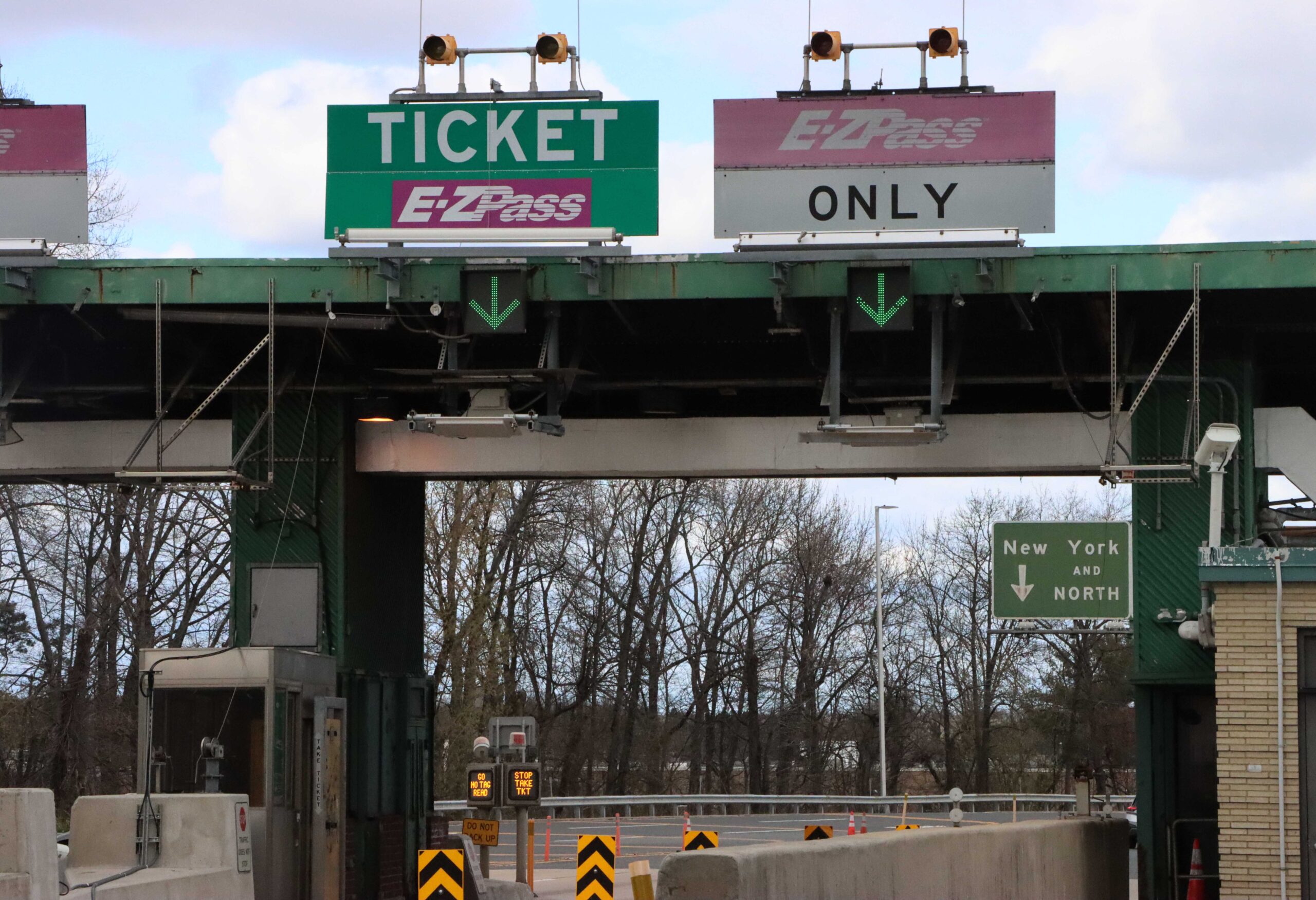
NJ toll booths on the New Jersey Turnpike to travel into New York City. Nadya Grisczenkow | The Montclarion
Jordan Borst-Ortiz, who commutes from Flemington, New Jersey to Manhattan twice a week, will see his roundtrip costs rise by almost $5. He currently spends $30.50 for a roundtrip, and when factoring in subway fares, his weekly expenses total $72.60.
Borst-Ortiz discussed the ramifications of increasing tolls and fees on government roads.
“There are people who commute to work every single day,” Borst-Ortiz explained. “If they’re in more economically sensitive position, it could screw with people’s livelihoods.”
Traveling expenses can often add up and lead to financial difficulty.
“I am lucky enough where it doesn’t affect me, it’s an inconvenience but it’s like those daily living expenses that’s where a lot of the bulk of your money can go,” said Borst-Ortiz.
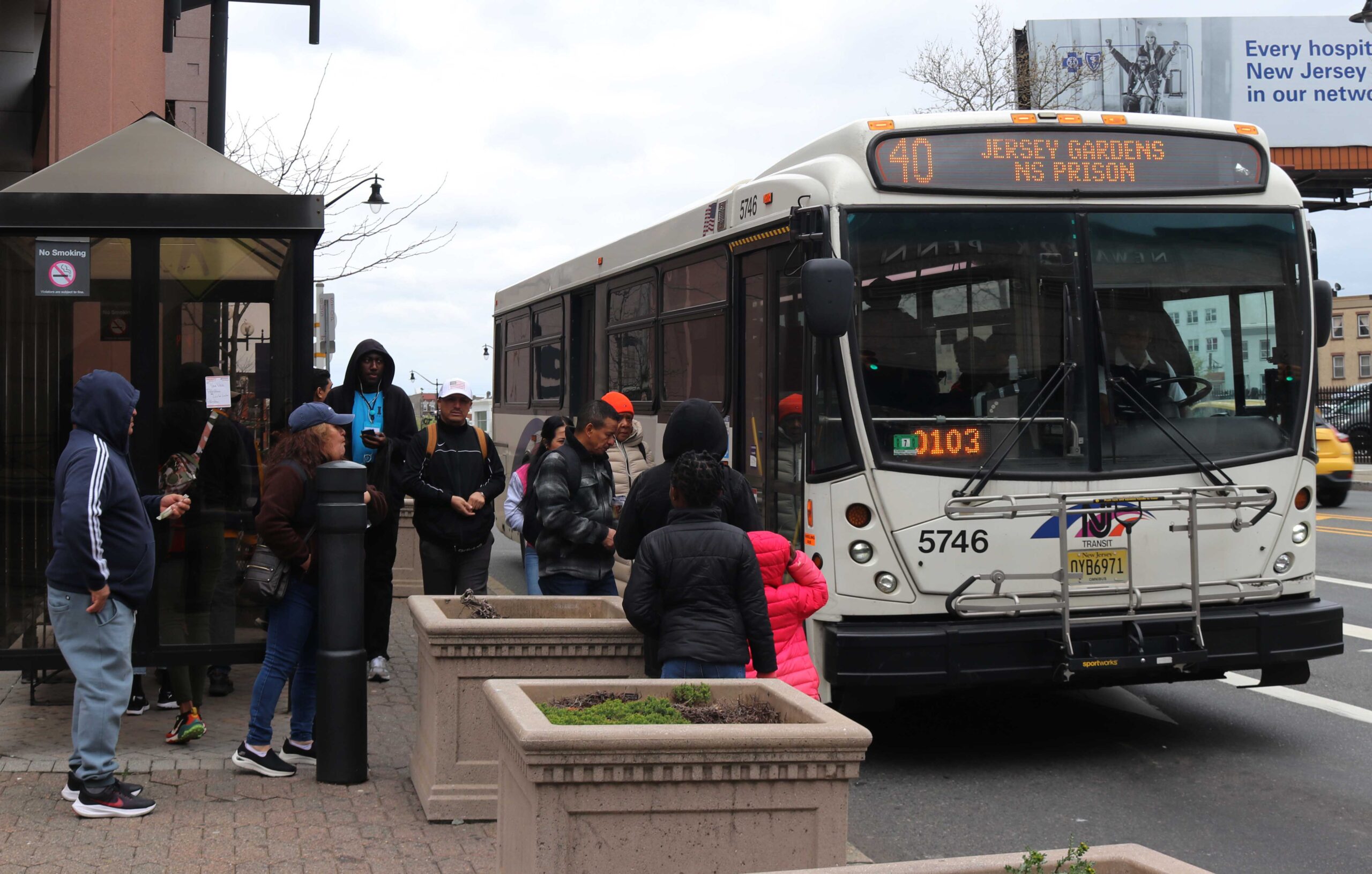
People standing by a Newark bus stop waiting to enter NJ Transit bus. Nadya Grisczenkow | The Montclarion
Sofia Vala, an Associate Transportation Planner at the Regional Planning Association, expressed concerns about the fare hikes. She highlighted that the 15% increase, coupled with an annual 3% increase thereafter, could significantly impact those living paycheck-to-paycheck.
“For a lot of people it’s going to actually become just cheaper to buy a car and that’s actually the opposite direction of what we really want to be doing, especially if we want to meet our climate goals,” Vale elaborated.
Data from the National Equity Atlas reveals that more than half of NJ Transit bus riders earn less than $35,000 annually, with 80% using the bus more than five times a week. The increased fares will make it even more challenging for these individuals to access work, school, medical appointments and other essential services.
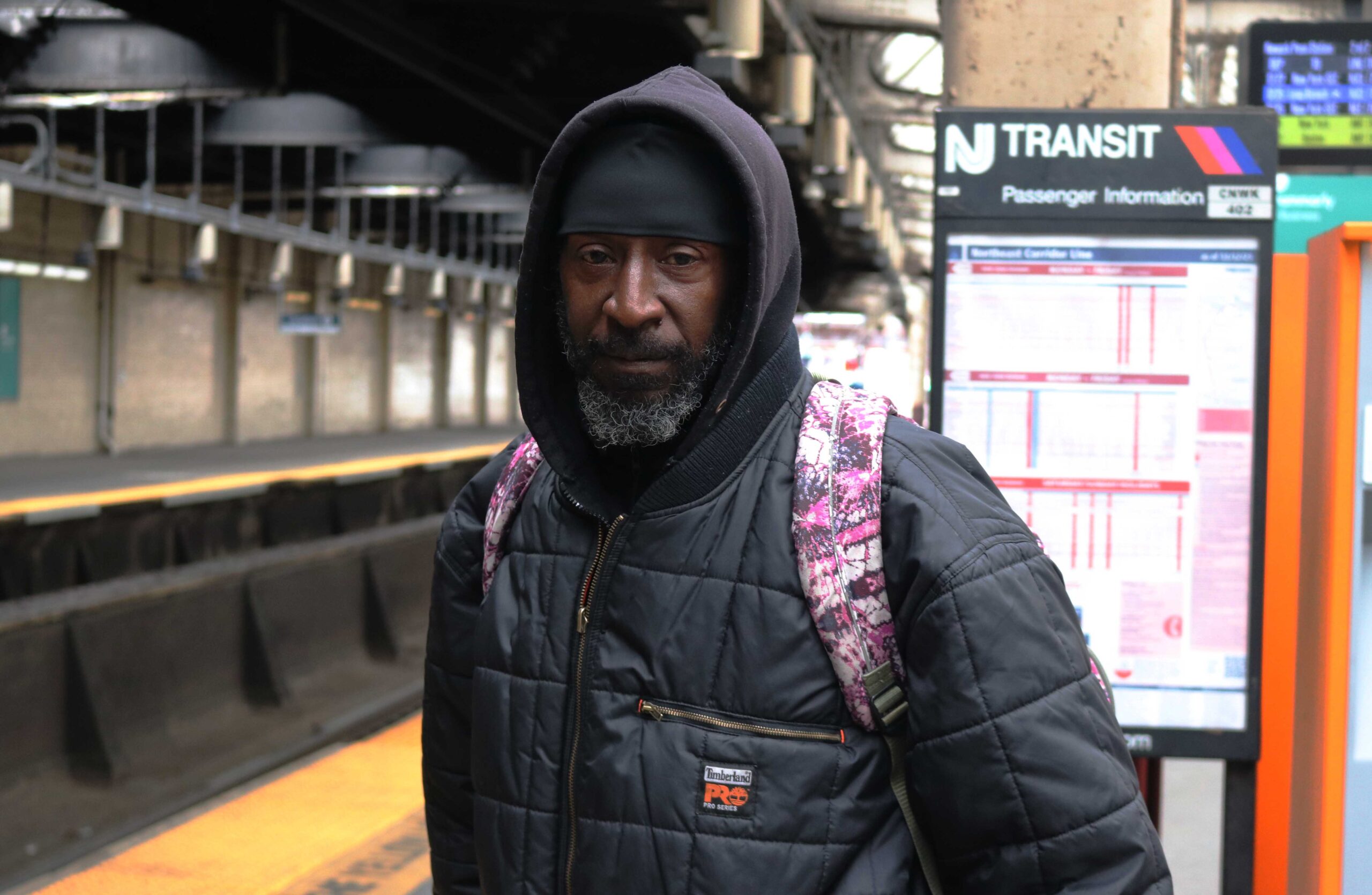
Tafawa Balagun, NJ commuter, stands on train platform inside Newark Penn Station. Nadya Grisczenkow | The Montclarion
Tafawa Balagun is also a daily user of public transportation and spoke about his financial hardships when it comes to continuous fare increases for transit users.
“I walk two bridges, three cities, because of the transit situation,” Balagun explained.“For example, say I got $5 in my pocket and I need to go to two cities, and I know if I spend $2.75 for a ticket, I know when I get to the next city I only got $2 or something, some change. So as a result of that I walk two bridges with $5 in my pocket just to make sure that I can get back safe.”
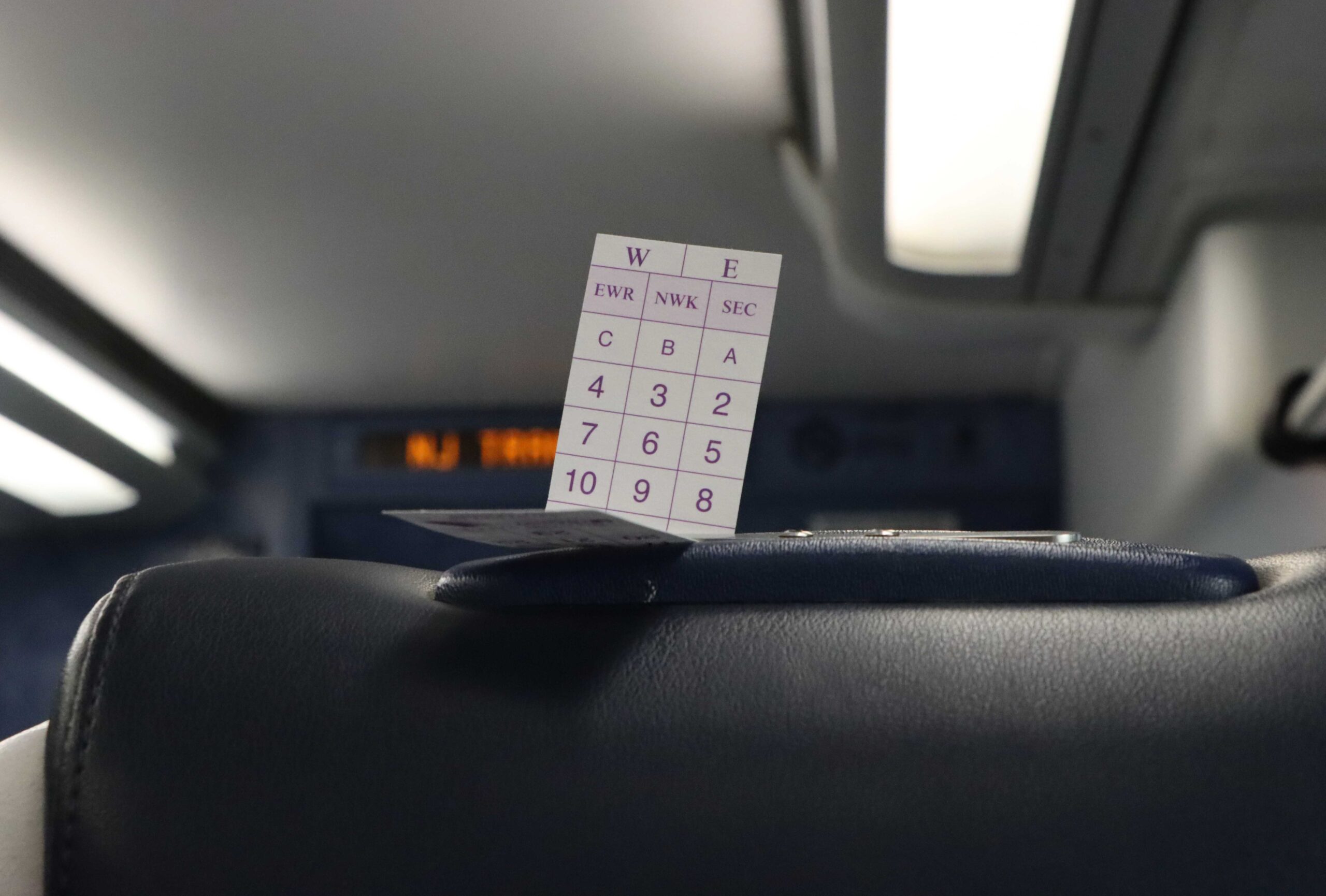
Ticket stub on NJ Transit train from Montclair State Station to Penn Station. Nadya Grisczenkow | The Montclarion
To address budget shortfalls, New Jersey Governor Phil Murphy proposed a corporate transit fee—a 2.5% tax on companies earning more than $10 million annually. This fee would provide a stable source of income for NJ Transit, reducing the reliance on fare increases to fund public transportation.
As commuters brace themselves for these fare hikes, there is a collective hope among transportation advocates, legislators and commuters for sustainable solutions that will alleviate the financial strain on New Jersey’s transit users.

